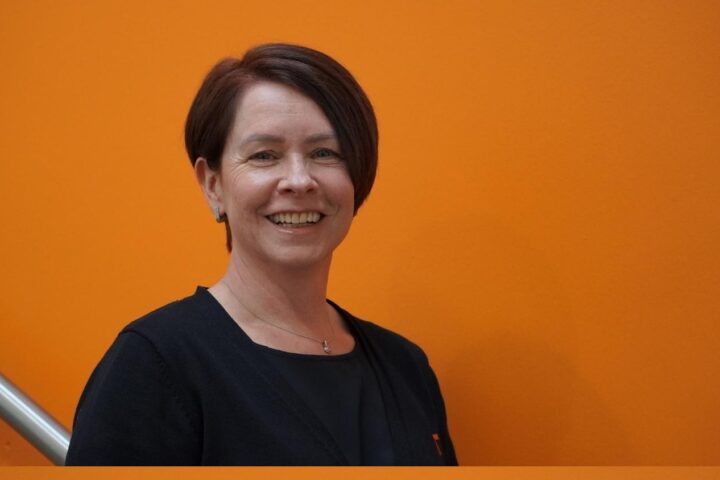Q Branch Consulting has secured a contract with an NHS trust to help increase the number of men and over-50s accessing mental health support through talking therapies.
Co-founders Matt Clutterham and Jenny Jarvis said they used their experience in brand and human transformation to address the issue.
Jarvis said: “We were really happy to be chosen to work with the NHS and use our brand and human transformation expertise on something that is so important – both to us and to wider society.
“We had a deep dive into the issue, looking at why some sectors of society, specifically men and over-50s, are finding it much harder to access the talking therapies service offered through the NHS.
“We’re really happy to say that as a result of our work the NHS trust is already seeing many more people in those harder-to-reach groups reach out for help, which is a great result and absolutely pivotal if we are going to be seeing any kind of improvement in the mental health crisis we find ourselves in.”
Q Branch Consulting’s research found that over-50s were more likely to respond to marketing materials featuring trusted professionals like GPs or pharmacists, rather than generic NHS branding.
Jarvis added: “Our focus groups found that the older generation would not necessarily trust a poster suggesting they could access talking therapies if it came just from the ‘NHS’.
“They would be far more likely to pay attention if it was from a trusted professional person, such as a GP or pharmacist.
“We also found that the older generation will often not articulate they feel depressed, only going so far as to say things like ‘feeling a bit off’.”
She said: “They don’t want to be seen as a burden and they want to feel valued and needed.
“So we created a messaging campaign that reached out to older people by acknowledging their many years of caring for others, suggesting it may be their turn to be helped themselves.
“We also used everyday language to help forge connections with an audience, rather than medical speak that can quickly become alienating.
“Our research showed that the older age group absolutely must not feel pitied, but empowered to act on themselves and not have their independence threatened.”
The team worked with the male suicide prevention charity Tough to Talk to improve messaging for men.
Clutterham said: “It’s well recognised that despite increased awareness, men find it much harder to seek help for their health generally than women.
“Tough to Talk is doing brilliant work reaching out to men in the workplace and delivering its ‘tough talks’ – trying to prevent men from taking the awful step of taking their own life.
“It was actually through our work with Tough to Talk that we were contacted by the NHS and we were happy to be able to use some of our knowledge in this area.”
Clutterham added: “One obvious example was to create messaging that featured men – something that surprisingly isn’t always the case when it comes to this kind of marketing campaign.
“If you want to reach a particular audience, you have to really understand them and creating visuals in which people can recognise themselves is very important.
“We’re really thrilled to have been asked to provide this work for the NHS and we’d love to work with more trusts in using our expertise honed through business to help cut through the noise and land messages in hearts and minds where they will have the most impact.”

















